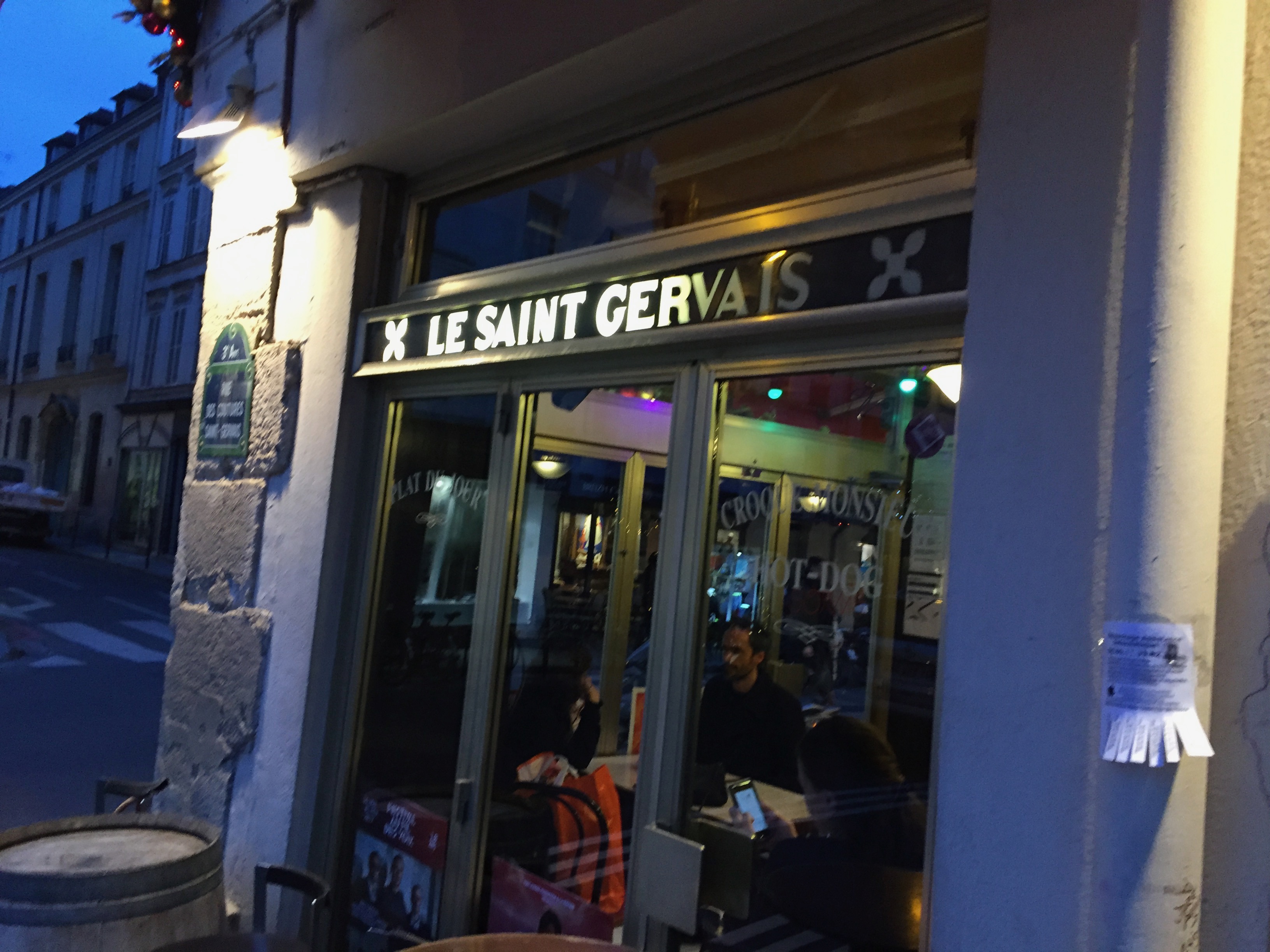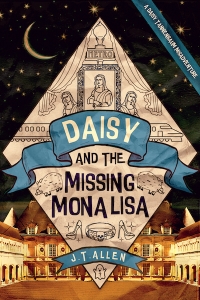7. A French Scholar You Are Not
Nov 15, 2021 by Mr. Allen
 Aunt Mill sucked down the rest of her espresso then, in a no-nonsense tone, said I tested well in reading comprehension, vocabulary, history, geography, and life sciences. “Math, as predicted, is a problem area and your French, shall we say, is remedial, contrary to your mother’s assessment.”
Aunt Mill sucked down the rest of her espresso then, in a no-nonsense tone, said I tested well in reading comprehension, vocabulary, history, geography, and life sciences. “Math, as predicted, is a problem area and your French, shall we say, is remedial, contrary to your mother’s assessment.” “I think my mom fibbed a little. I’ve never taken a day of French.”
“I’m not surprised—by either statement. There’s little we can do about the first, much we can do about the second.”
I must have had on a sour face because she raised a brow the same way my mom does. “Here’s what I propose,” she said. “You’ll need to take an accreditation exam in the spring, but since you’re testing past ninth grade in most subjects now, I see no reason why you won’t in a few months. For math, I’ll give you a set of problems each morning. After you complete them, whether it takes five minutes or five hours, the rest of the day is yours. But you can do nothing else till they’re completed. You’ll also be required to read independently, picking a book from my library or, in any case, a book I approve of, which can be almost anything, as long as it’s not completely idiotic. We’ll discuss what you’ve read at dinner each evening and I’ll give you further reading suggestions based on our discussions. In addition, you’ll be required to keep a journal on Paris—on what you’ve seen, heard, smelled, read about, what puzzles you about the city, what annoys you, what the people look like, eat, wear, what the design of the city tells you, and so forth. You will be required to write five pages a week in this journal, but I suspect that won’t be too great a burden for a girl who’s already written a book. In the meantime, I’ll look into an appropriate language school.”
I nudged a lamb bone around on my plate as if I were considering what she said, as if I had some position to actually consider, then said, “so, when you say ‘the rest of the day is mine’ you mean like I have to sit in the apartment all day or am I going to be at the school with you?”
“Neither. Gracious, you’d wilt at that school. And, of course, you can sit in the apartment all day if you choose, since it is technically part of Paris, but your journal entries will get very tedious if you do.”
“So I just wander the city?”
“If you choose. Though having a plan or goal each day will probably make it more interesting.”
“What if I get lost?”
“I’ll give you a Paris Par, a map book, and also a cell phone, in case you really get stuck. Of course, getting lost is one of the best ways of discovering things. Plus, as you’ve probably observed, there are people living here, and though they speak French, they’re quite helpful, especially to polite little girls.”
“Won’t the police, like, arrest me for cutting school?”
“Why would they? You’re a foreign tourist.” This was clearly too good to be true. I knew there had to be a catch. I felt like saying so but I thought it’d make me sound like a gangster or something and I couldn’t think of any other way to say it.
“What’s the catch?” Aunt Mill said.
“Huh?”
“You’re thinking, what’s the catch?”
“Yeah.”
“Well, you’ll have to finish your math homework each day, which won’t always be easy, but aside from that, we’re in a city with 204 museums, 407 gardens, 7000 cafes, 60,000 shops. There’s a historic plaque on every other corner. Let’s take where we are now. Your dining in a restaurant, a seemingly unremarkable one, named after a Roman martyr from the Second Century, when Jesus was still considered the hero of a fringe cult. Victor Hugo bought his daily bread around the corner. Louis, Duke of Orleans, was murdered a few steps down the way, sparking seventy years of war. Up the street, the Knights Templar had their headquarters. This city is literally an open book, with infinite pages, written in code, waiting to be deciphered. Now some people, perhaps most even, wouldn’t know how to take advantage of that. But based on what I know of you, I think you will.”
I said nothing. I think I was stunned. It sounded crazy and scary and wonderful all in one. Aunt Mill paid the bill and said a chatty goodbye to Rose and her husband. We all double-kissed, an awkward maneuver for me, which made them laugh. “You’ll get the hang of it,” said Madame Rose.
We walked home under umbrellas, everything varnished by the rain, then chuffed up the bowed steps to Aunt Mill’s. I got ready for bed. Aunt Mill went into her study, “to do some late work.” I had a long look at myself in the bathroom mirror while I was brushing my teeth, then spent some time making faces. “Weirdo,” I said to myself. I don’t know why I said that exactly. I guess cause I missed my family and didn’t want to admit it. When I came back from brushing my teeth, I saw Aunt Mill seated at her desk, looking at an old piece of paper—like really old, like the kind pirates make their maps on—with a magnifying glass.
“Good night, Aunt Mill,” I said.
She looked up. “Night, Daisy. Get a good rest now.”
I nodded and padded off down the hall and it was one of those things where your brain doesn’t quite register what you’ve seen until after you’ve turned away—like an old Polaroid developing before your eyes—there was that safe, the antique that was too heavy to move, thick steel door swung open, stacked with old papers like the one Aunt Mill was eyeing with her glass.

